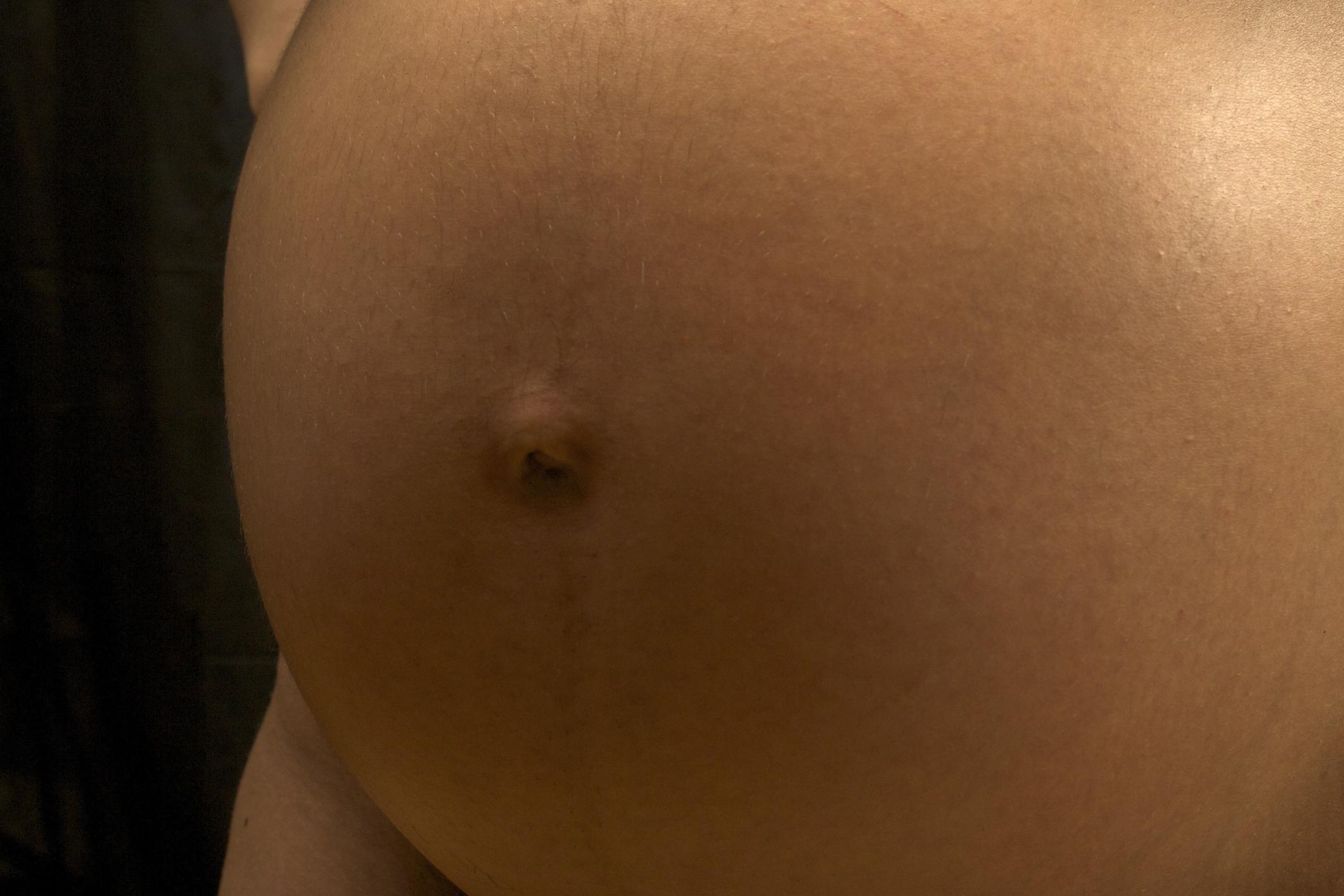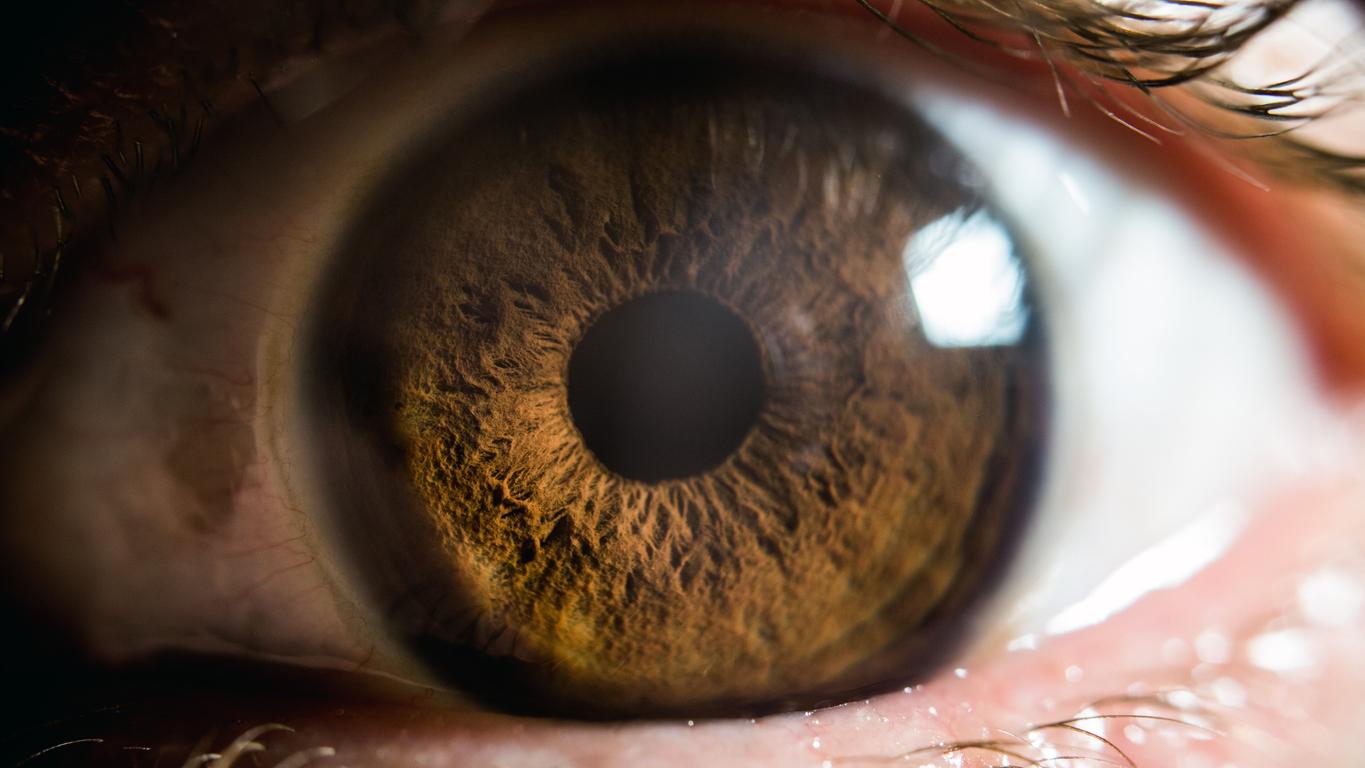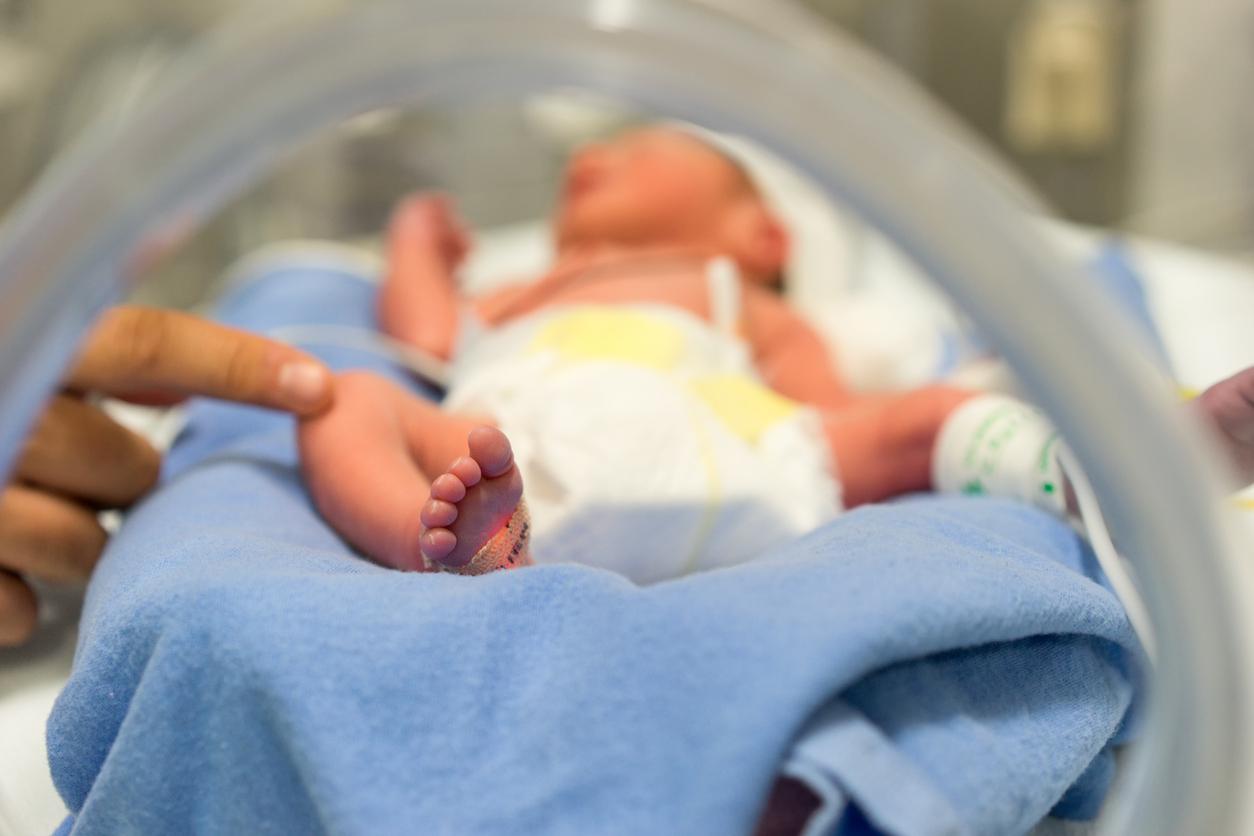An American study recently found an association between the health of the placenta and the risk of developing schizophrenia.

- Schizophrenia is a psychiatric disease, the origin of which is multifactorial.
- The health of the placenta could play a role in the onset of schizophrenia.
- American researchers have identified about 139 risk genes specific to placenta and schizophrenia.
The origin of schizophrenia is considered to be multi-factorial.“Its development would result from an interaction between genes and environment, suggesting that there is a genetic vulnerability precipitated by environmental factors”, explains Inserm on its online platform. However, an American study recently observed a link between the health of the placenta and the appearance of this psychiatric pathology. The findings of this work have been published in the journal NatureCommunications.
139 risk genes specific to placenta and schizophrenia
During pregnancy, the placenta plays an essential role in the development of the foetus. In particular, it allows the exchange of oxygen and carbon dioxide between the baby and its mother, the elimination of waste, the exchange of nutrients as well as the synthesis of certain hormones. During this research, scientists from the Lieber Institute, located in Baltimore (USA), identified nearly 139 risk genes specific to placenta and schizophrenia. They also revealed that some of these genes associated with schizophrenia influence a vital function of the placenta, which is involved in the exchange of nutrients between mother and baby.

Differences between placental risk genes according to the sex of the child
In the study, the scientists also noted that “schizophrenia risk genes found in the placenta may have a relatively stronger influence on heritability, i.e. the likelihood of the disease being inherited from ancestors, than risk genes identified in the brain” . They also found distinctions between placental risk genes based on fetal sex. Inflammatory processes in the placenta during pregnancies of male children seem to play a central role in the risk of developing schizophrenia.
In the eyes of the researchers, the first results of their study are promising. They could make it possible to develop diagnostic tools in order to identify risk genes specific to the placenta and to schizophrenia.

















